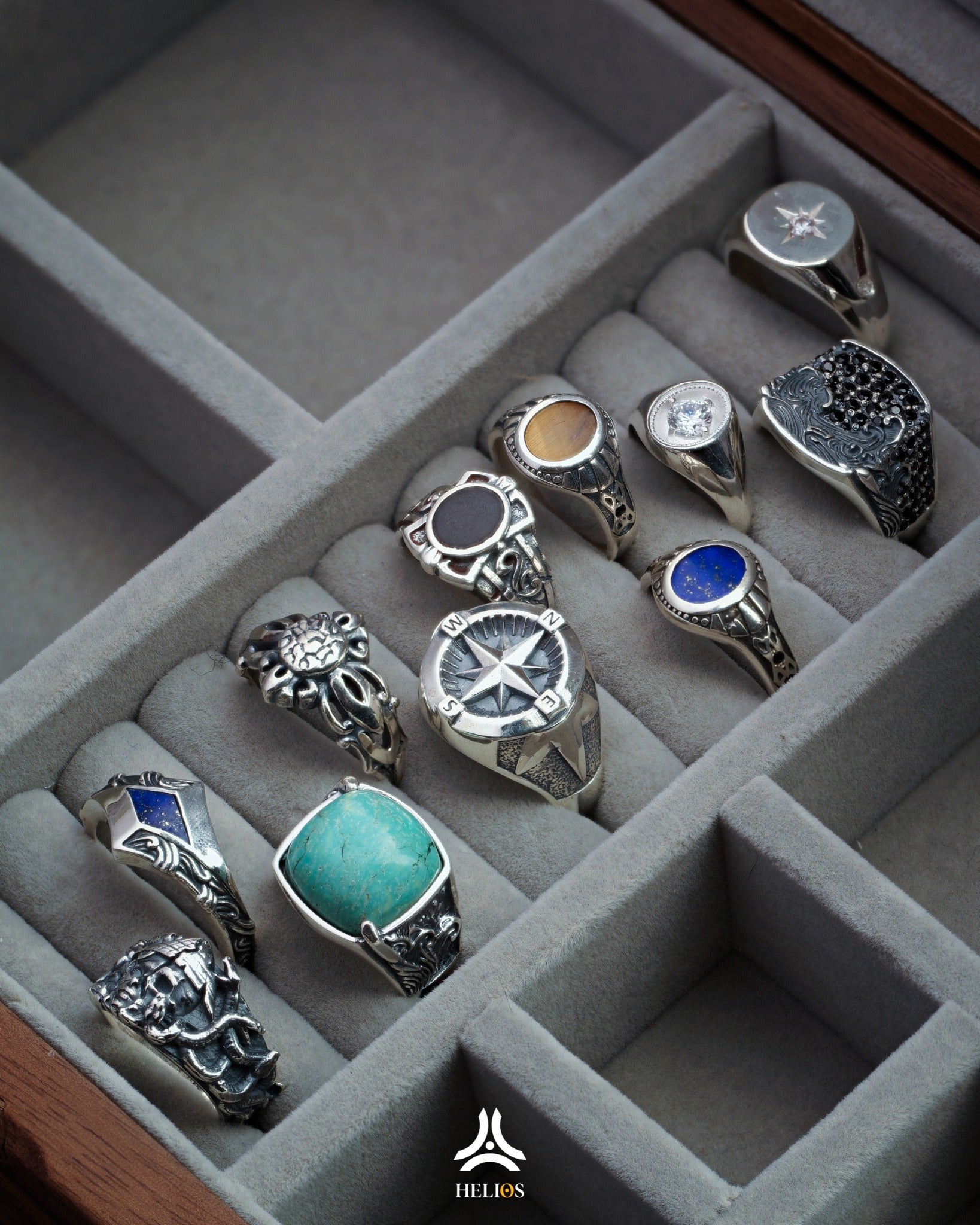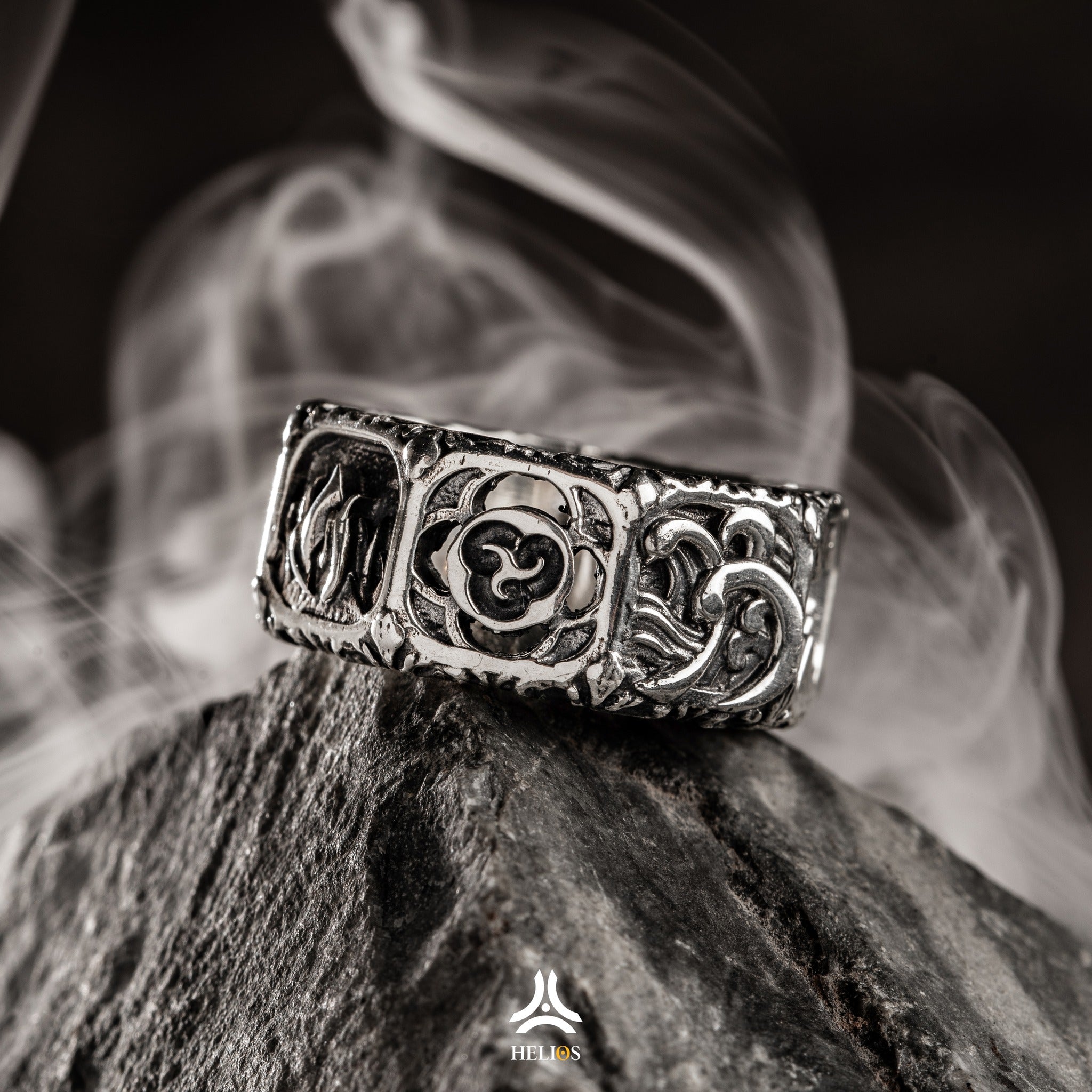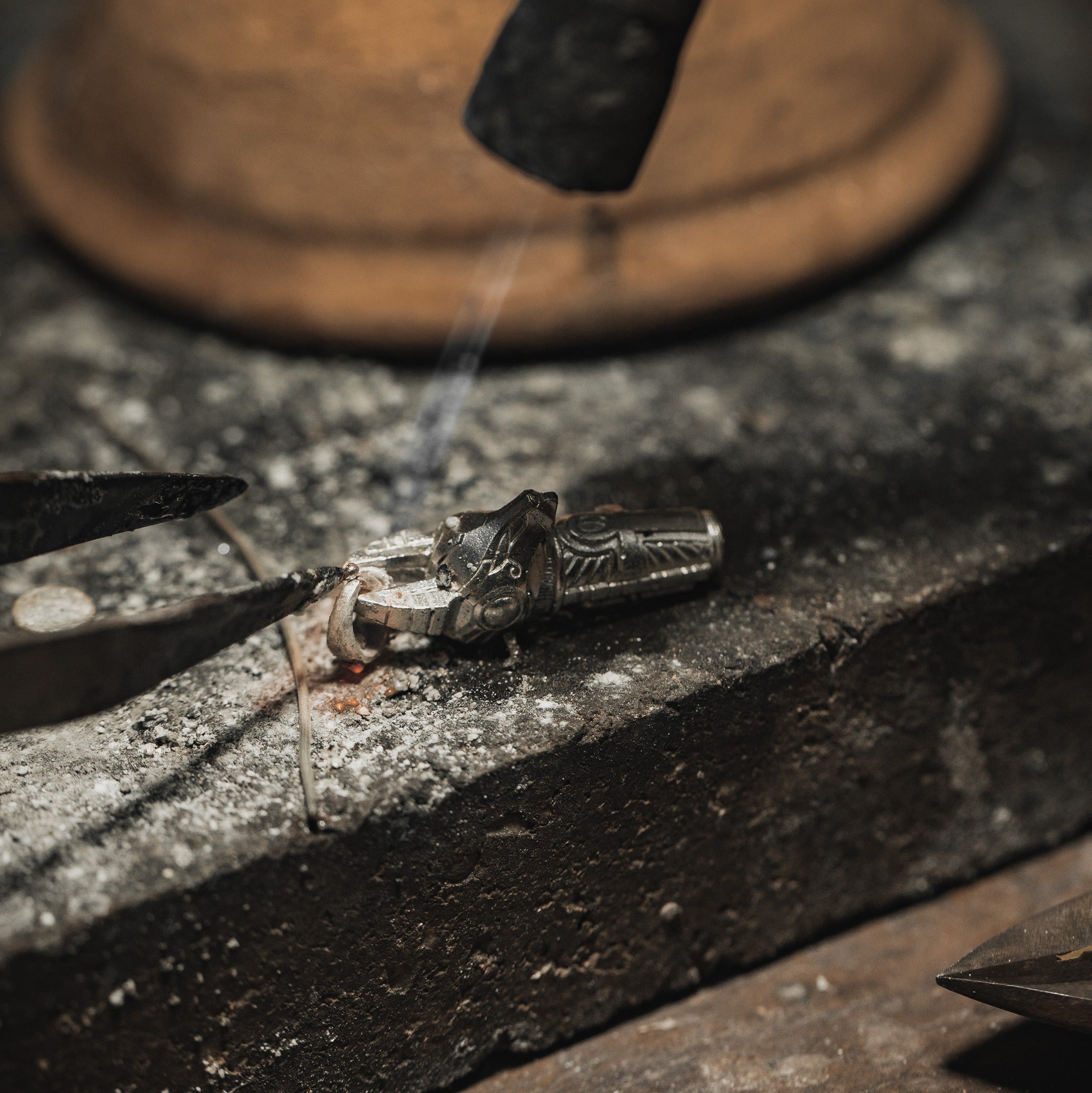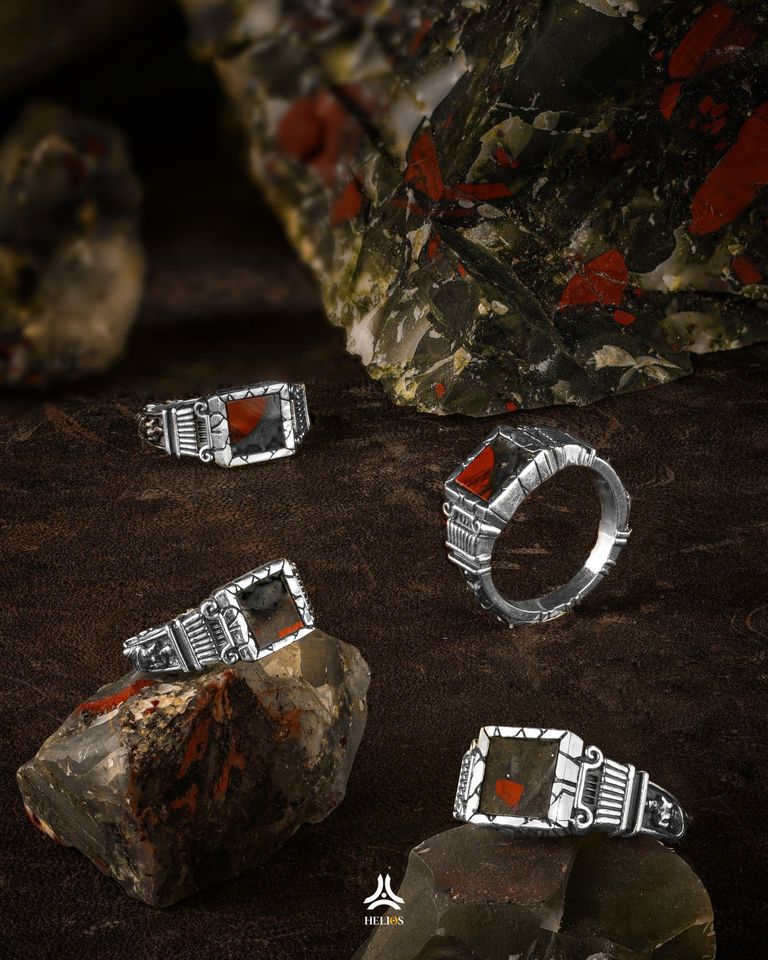Earrings are a popular accessory that can add a touch of style and personality to any outfit. However, for those with sensitive ears, choosing the right material for earrings is crucial. The wrong material can cause irritation, redness, and even infection in some cases. In this article, we will discuss the best materials for earrings, specifically hypoallergenic and non-allergic options, and the best earrings for sensitive ears.
I. Hypoallergenic Earrings
Hypoallergenic earrings are made from materials that are less likely to cause an allergic reaction. These materials are typically free from nickel, which is a common allergen found in many jewelry pieces. Here are some of the best hypoallergenic materials for earrings:
Titanium
Titanium is a popular choice for hypoallergenic earrings because it is lightweight, durable, and does not contain nickel. It is also resistant to corrosion, making it a great option for those with sensitive skin. Titanium earrings come in various designs and styles, making them a versatile choice for everyday wear or special occasions.
Surgical Stainless Steel
Surgical stainless steel is another excellent option for hypoallergenic earrings. It is a high-quality metal that is commonly used in medical devices due to its biocompatibility. This means that it is safe for use in the body without causing any adverse reactions. Surgical stainless steel is also durable and affordable, making it a popular choice for earrings.
Pros and Cons of Hypoallergenic Earrings
| Pros | Cons |
|---|---|
| Less likely to cause allergic reactions | Limited design options |
| Durable and long-lasting | Can be more expensive than other materials |
| Versatile for everyday wear | Some people may still experience reactions |
II. Non-Allergic Earrings
Non-allergic earrings are made from materials that are completely free from allergens, making them safe for even the most sensitive ears. Here are some of the best non-allergic materials for earrings:
Gold
Gold is a classic and timeless choice for earrings. However, not all gold is created equal when it comes to allergies. It is essential to choose 14k or 18k gold, as they contain a lower percentage of other metals such as nickel. Avoid gold-plated earrings, as the plating can wear off and expose the base metal, causing reactions.
Platinum
Platinum is a rare and precious metal that is also hypoallergenic. It is an excellent option for those with sensitive ears, as it does not contain any nickel or other allergens. Platinum earrings are also durable and resistant to tarnishing, making them a long-lasting investment.
Pros and Cons of Non-Allergic Earrings
| Pros | Cons |
|---|---|
| Completely free from allergens | Can be more expensive than other materials |
| Durable and long-lasting | Limited design options |
| Classic and timeless look | May require special care to maintain shine |
III. Best Earrings for Sensitive Ears
Aside from choosing hypoallergenic or non-allergic materials, there are specific earring styles that are better suited for sensitive ears. Here are some of the best earrings for those with sensitive ears:
Stud Earrings
Stud earrings are a popular choice for those with sensitive ears because they do not dangle or move around, reducing the risk of irritation. They also come in a variety of materials, making it easier to find a hypoallergenic or non-allergic option that suits your style.
Hoop Earrings
Hoop earrings are another great option for sensitive ears, as long as they are made from hypoallergenic or non-allergic materials. Look for hoops with a thicker gauge, as they are less likely to bend or irritate the skin. Avoid thin, flimsy hoops that can cause discomfort.
Clip-On Earrings
For those who do not have pierced ears or are unable to wear traditional earrings due to allergies, clip-on earrings are a great alternative. They come in various styles and materials, making it easy to find a suitable option for sensitive ears.
Pros and Cons of Best Earrings for Sensitive Ears
| Pros | Cons |
|---|---|
| Less likely to cause irritation | Limited design options |
| Suitable for those with no pierced ears | Can be more expensive than traditional earrings |
| Versatile for everyday wear | May not be as secure as traditional earrings |
FAQs
1. What is the most hypoallergenic material for earrings?
Titanium and surgical stainless steel are considered the most hypoallergenic materials for earrings.
2. Are gold-plated earrings safe for sensitive ears?
No, gold-plated earrings can cause reactions as the plating can wear off and expose the base metal, which may contain allergens.
3. Can I wear sterling silver earrings if I have sensitive ears?
Sterling silver contains a small amount of nickel, which can cause reactions in some people. It is best to opt for surgical stainless steel or titanium for sensitive ears.
4. How can I tell if I am allergic to certain earring materials?
If you experience redness, itching, or swelling after wearing earrings, you may be allergic to the material. Consult a doctor for a proper allergy test.
5. Can I still wear fashion earrings if I have sensitive ears?
Fashion earrings may contain allergens such as nickel, so it is best to stick to hypoallergenic or non-allergic materials for sensitive ears.
Choosing the right material for earrings is crucial for those with sensitive ears. Hypoallergenic and non-allergic materials such as titanium, surgical stainless steel, gold, and platinum are the best options for reducing the risk of irritation and reactions. Additionally, opting for stud, hoop, or clip-on earrings can also help minimize discomfort. Remember to consult a doctor if you experience severe reactions to certain materials and always choose high-quality, reputable brands when purchasing earrings. With the right material and style, you can enjoy wearing earrings without any worries.






